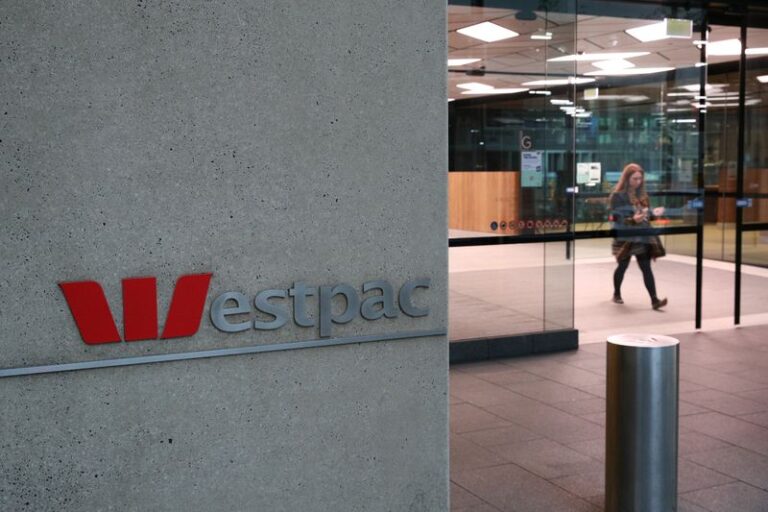
(Reuters) – Australia’s Westpac Banking Corp WBC.AX agreed on Thursday to pay a record A$1.3 billion ($920 million) fine to settle a lawsuit accusing it of enabling millions of payments to people exploiting children, closing off its darkest chapter.
Ten months after financial crime agency AUSTRAC dropped the bombshell lawsuit, the second-largest Australian lender said the parties agreed on a payout for allowing illicit payments to continue for years, plus 76,000 additional breaches discovered once legal proceedings had started.
“We are committed to fixing the issues to ensure that these mistakes do not happen again,” Westpac Chief Executive Peter King said in a statement.
AUSTRAC said the settlement showed it would do whatever was necessary to stop criminals from exploiting the Australian financial system.
“Our role is to harden the financial system against serious crime and terrorism financing, and this penalty reflects the serious and systemic nature of Westpac’s non-compliance,” AUSTRAC Chief Executive Nicole Rose said in a statement.
The payout exceeds the A$900 million Westpac said it was setting aside for the lawsuit in April, and dwarfs a A$700 million fine against larger rival Commonwealth Bank of Australia CBA.AX when it admitted to allowing thousands of payments between money launderers in 2018.
In court documents published on Thursday, AUSTRAC said Westpac had raised the number of customers suspected of making illicit payments from 12 to 260 after widening its monitoring from the Philippines to all of Southeast Asia and Mexico.
Attorney General Christian Porter called the bank’s initial settlement offer “totally inadequate” and said Thursday’s fine “more properly reflects … acceptance of the fact that these represent some of the greatest failures of a corporate entity in Australia’s history to abide by Australian law.”
The settlement comes at a fraught time for Australian banks in general, with a powerful inquiry last year accusing the industry of rampant fee-gouging and predatory sales tactics to inflate bonuses.
Banks now must tread the sensitive path of getting thousands of borrowers to pay their mortgages again after offering loan holidays tied to government-ordered shutdowns to fight the pandemic.
The payout will trim Westpac’s capital ratio – the money it is required to keep on hand compared with its loan book – by about 0.11% to 10.7% and could result in dividend cuts when the bank reports full-year profit in November, analysts estimate. Last month, Westpac became the only Australian bank to cancel its half-year dividend, citing rising default risks because of the virus.
Westpac shares were down 1.5% in morning trading, in line with other banks, while the broader market .AXJO dipped 1% on concerns about the effect of global virus-related shutdowns.
JPMorgan analysts said Westpac’s oversight gaps may have been related to “significant complexity of Westpac’s IT systems, which we think will continue to hamper its cost growth outlook… and likely requires further investment to fix”.
Bell Potter analyst TS Lim said the fine resolved most of Westpac’s ongoing legal issues related to the illicit payments and “provides a lot more certainty for them going forward”.
“Plus it’s hard to run a bank during COVID, so that’s one less distraction for Peter King,” Lim added.($1 = 1.4140 Australian dollars)






